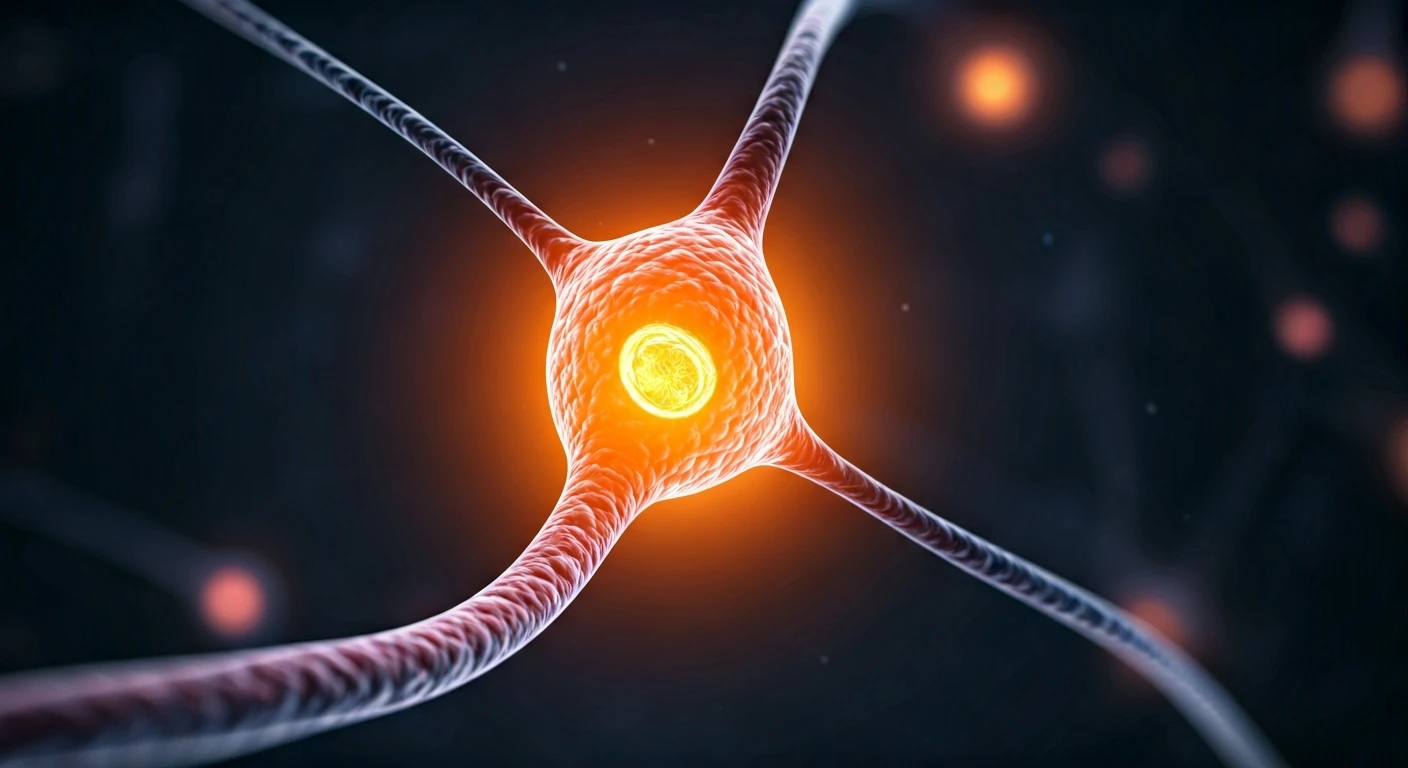Irregular Periods
One of the most noticeable early signals of PCOS is irregular menstrual cycles. Women with PCOS may experience periods that are missed, infrequent, or
very heavy. This irregularity stems from hormonal imbalances that affect the ovaries and ovulation. It is important to note that having irregular periods doesn't always mean a diagnosis of PCOS but is a vital sign to bring up with a healthcare professional to rule out any underlying issues.
Excess Hair Growth
Excess hair growth, known as hirsutism, is a common symptom. This often appears as thick, dark hair in areas where men typically grow hair, such as the face, chest, back, and abdomen. This is caused by an increase in androgen hormones, which can lead to increased hair growth. If a woman notices this kind of hair growth, it’s a sign that could possibly need medical attention.
Acne and Skin Issues
Acne, often appearing on the face, chest, and back, is another sign that can be associated with PCOS. The surge of androgens can cause the skin's oil glands to overproduce, which then can trigger acne. Another skin issue is the darkening of the skin, often found in skin folds like the neck, armpits, and groin, which might be a sign of insulin resistance and can signal the need to consult a healthcare provider.
Weight Gain
Many women with PCOS struggle with weight gain or find it difficult to lose weight. This often occurs due to insulin resistance, which can also lead to increased hunger and cravings. It is not impossible to manage; regular exercise and a balanced diet, along with medical support, can help in managing weight-related symptoms.
Thinning Hair
Thinning hair on the scalp is another indicator of PCOS. This type of hair loss, similar to male-pattern baldness, can be distressing. This is caused by hormonal imbalances and can affect self-esteem. Managing PCOS with healthcare assistance is really important to slow down or reverse this effect.
Skin Tags
Skin tags, small, benign growths of skin, are a common sign of PCOS. They tend to appear in areas where skin folds, such as the neck or armpits. These skin tags are also tied to insulin resistance. It is always a good idea to seek medical advice on this and to identify if PCOS is the real cause.
Headaches
Headaches, especially migraines, can be more frequent or severe in women with PCOS. Hormonal fluctuations can trigger these headaches. Tracking your headaches, recognizing any patterns, and talking to your healthcare provider about your symptoms are helpful steps.
Pelvic Pain
Pelvic pain is another indicator of PCOS. This may be due to cysts on the ovaries or hormonal changes. This pain can vary in intensity and might require a proper assessment from a physician. It's an important symptom to take seriously and not ignore.
Difficulty Conceiving
Many women with PCOS have difficulties getting pregnant due to irregular ovulation. The hormonal imbalances caused by PCOS can interfere with the menstrual cycle and can affect the release of eggs. If pregnancy is desired, seeking medical guidance is really helpful to discover different treatments to help manage ovulation and enhance the chances of conception.
Mood Changes
Mood changes, including anxiety and depression, are sometimes associated with PCOS. Hormonal imbalances can affect mental health. If experiencing these changes, seeking support from a mental health professional, along with managing the hormonal aspects of PCOS, is crucial for overall well-being.



















